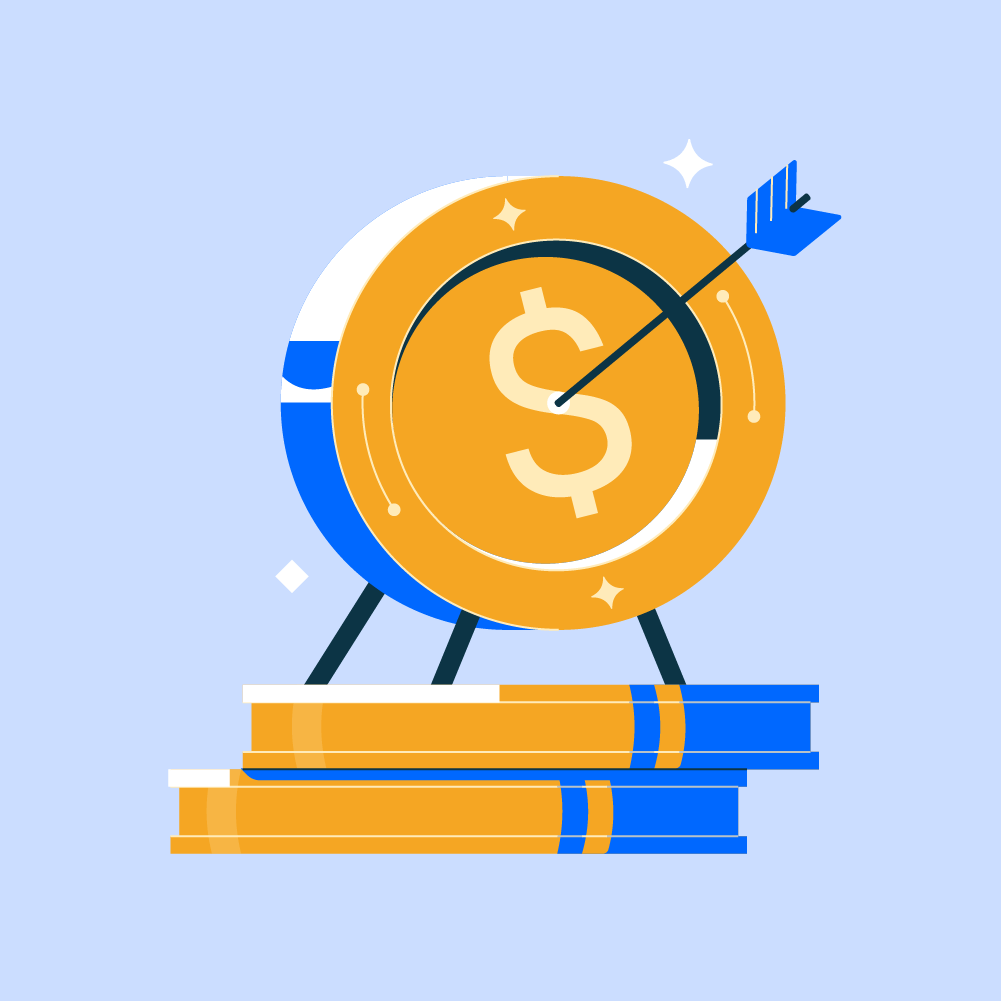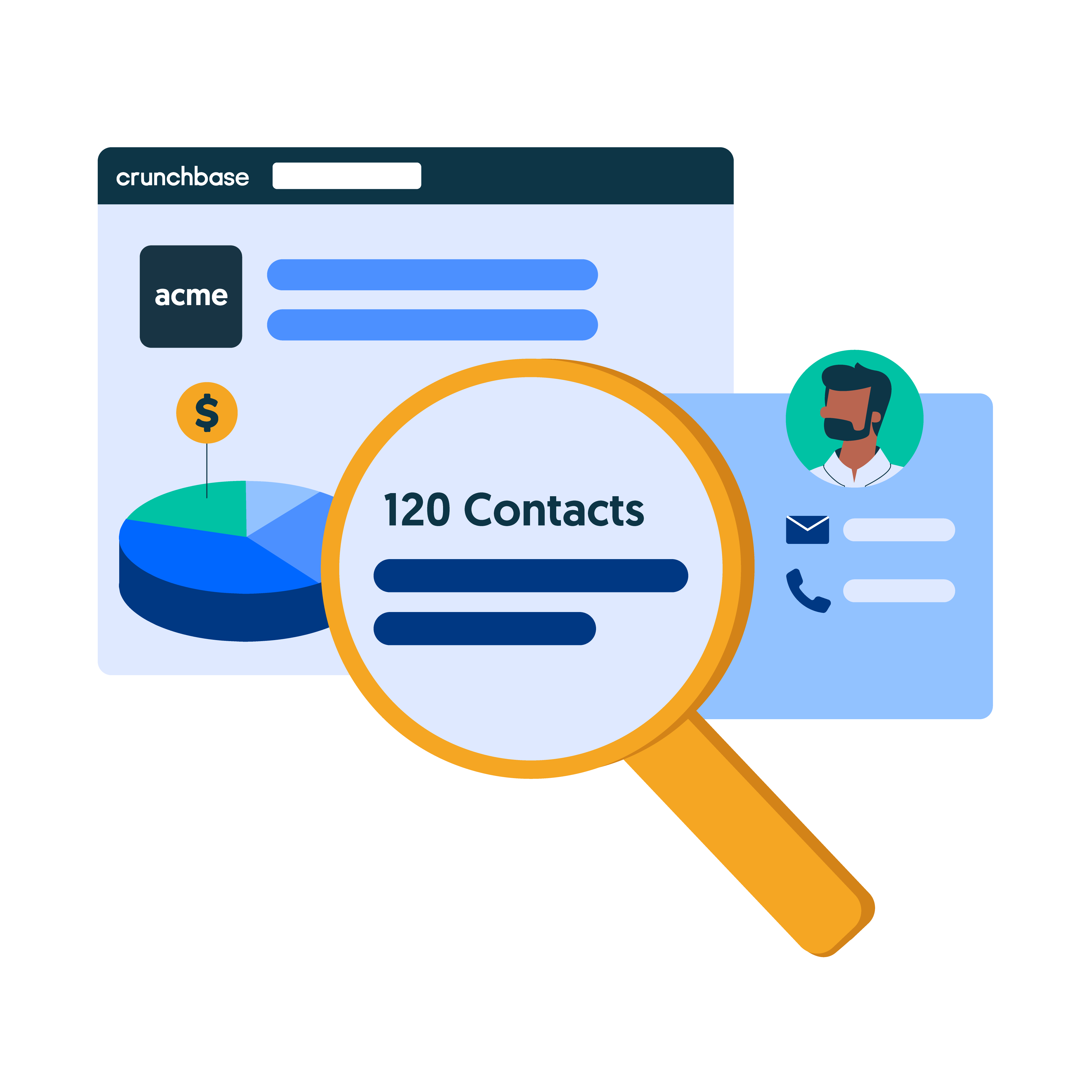Have you seen an increase in your email bounce rates in the last six months? If so, don’t feel bad – you’re not the only one.
As a B2B Marketing and Sales Strategist that has run a number of successful email campaigns in the past, I was very confused when I started seeing my emails bounce this year. For counsel on this issue, I reached out to the B2B Email Marketing Specialists at SharpSpring, a marketing automation company. Thankfully, I found that I wasn’t the only B2B salesperson who was experiencing high bounce rates this year, “We have been seeing an alarmingly high number of soft bounces since Google’s Gmail rolled out a new update with TensorFlow.”
What is a Soft Bounce?
There are two reasons why your emails could be bouncing and it’s due to two types of email bounces.
The first type is called a hard bounce, which occurs if an email address does not exist. You often can’t control this type of bounce, especially if you purchased an email list.
The second type of email bounce is called a soft bounce. A soft bounce can occur if someone’s inbox is full, or if a mail carrier is preventing you from sending them messages. If you’ve been seeing more bounces lately, and you have faith in the validity of your contact list, your bounces are likely soft bounces.
What is TensorFlow and Why Does Google Use it?
So who is to blame for the soft bouncing of your emails? The same company that’s to be credited with keeping your Gmail inbox free from spam: TensorFlow.
TensorFlow is a machine learning platform with an impressive list of partnerships that includes: Twitter, Coca-Cola, Airbnb, and now, Google.
With all of its capabilities, it’s no surprise that Google has now started working with TensorFlow. As of February, Google said TensorFlow would be used to start “blocking around 100 million additional spam messages every day” for Gmail Users.
How Can I Improve Email Bounce Rates?
By now, you’ve probably realized that this Google/TensorFlow news is going to impact B2B sales operations. Specifically, it’s going to change how you’re currently running outbound email campaigns.
If you’re like me, you’re probably used to sending emails to thousands of prospects with one click of a button. But now, if you do that, half of them could be blocked by TensorFlow, and your IP address could be blacklisted by Google.
So what can you do to improve your email bounce rates? You can ‘warm’ your IP address.
If you don’t know, warming your IP address is the process of basically building rapport with email carriers. They will not accept your email unless you have proved that your IP address is trustworthy. To effectively warm your IP address, you can do two things: stagger your send times and get on a schedule.
You’ll want to stagger your send times because TensorFlow’s machine learning is constantly looking for patterns – both positive and negative.
Let’s say you send an email to your boss every couple days, to which he always responds. TensorFlow will not flag you as spam because you’re getting a good response rate. But if you send an email to a huge list of people, once a quarter, you’ll likely be flagged as spam.
With that said, you should approach large email sends like you are introducing yourself to a prospect. You need to shake their hand, ask them how they are, and build rapport and trust with them before asking for their business. It’s the same with emails.
If you send 1000 emails today, and 100 hard bounce, TensorFlow is going to flag you. Though, if you send 1000 over the course of a week, and only 10-20 emails bounce each day, TensorFlow is less likely to flag you.
B2B Sales Email Campaigns in the Future
With this new partnership between Gmail and TensorFlow, it’s foreseeable that other mail carriers will tighten their spam security. However, you now have the tactics you need to run successful outbound email campaigns.
By staggering your send times, you’re allowing mail carriers to get to know and trust you. By sending emails regularly, you’re keeping your IP address warm and ready for larger sends.
Nicholas Farmen is a B2B Marketing and Sales Strategist, from Seattle, WA. Nicholas has been doing Marketing and Sales since 2015. Nicholas has also written and co-written articles for a variety of magazines, UX design blogs, and software development blogs. When he isn’t working, or traveling the world, Nicholas is helping brands and people bring ideas to life at Spire Digital.






